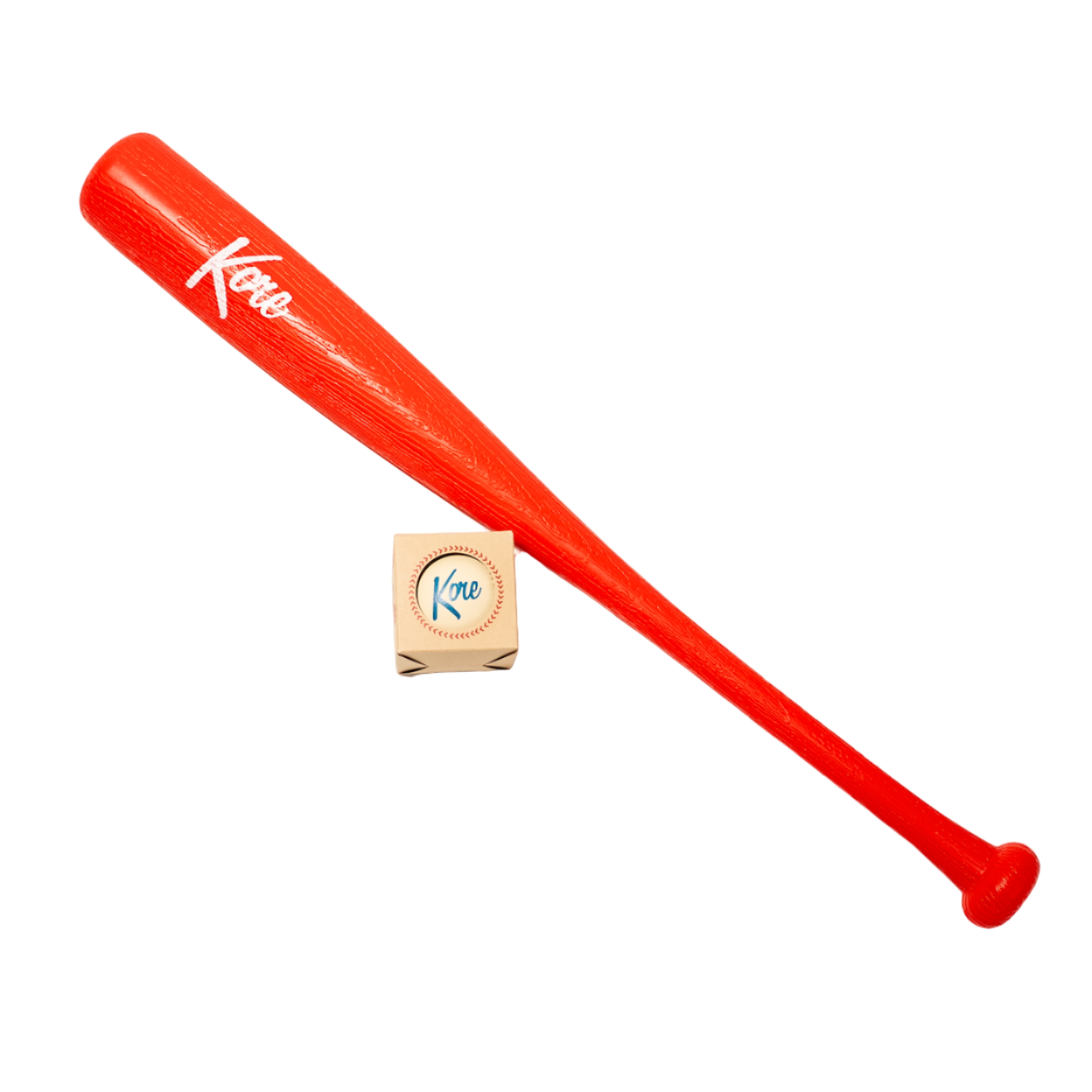Understanding the Basics
As beginners embark on their baseball journey, it's crucial to grasp the fundamental aspects of the game. Understanding the rules and regulations of baseball sets the foundation for proper play. Explaining key positions and player roles helps beginners identify their position of interest and understand their responsibilities within the team. Additionally, familiarizing them with the basic equipment needed, such as gloves, bats, and helmets, ensures they are equipped properly for practice and games.
Building Proper Fundamentals
Building strong fundamentals is essential for beginners to develop a solid baseball skill set. One crucial aspect is the batting stance and grip, which must be taught correctly from the start. Coaches should emphasize proper body positioning, balance, and grip technique to ensure a strong foundation for hitting. Implementing throwing and catching drills is also vital to improve hand-eye coordination, throwing accuracy, and receiving skills. Another critical aspect to focus on is base running, teaching beginners proper techniques, such as rounding bases efficiently and sliding safely.
Developing Pitching Skills
To become a well-rounded baseball player, mastering pitching skills is essential. Coaches should explain different pitching grips and techniques to beginners, such as the four-seam fastball and curveball. It's crucial to focus on building arm strength through specific exercises and drills designed to enhance throwing velocity and endurance. Additionally, coaches should provide valuable guidance on developing accuracy and control, teaching beginners proper mechanics and the importance of consistent practice.
Fielding and Defensive Strategies
Fielding is a vital aspect of baseball, and coaches must instruct beginners on proper techniques. Teaching the correct fielding stance, footwork, and glove positioning ensures beginners are well-prepared to field ground balls and catch fly balls effectively. Defensive drills play a significant role in enhancing reaction time, agility, and overall defensive skills. It's also essential to emphasize communication among players to foster effective teamwork and to avoid collisions or miscommunication during crucial moments of the game.
Offensive Strategies and Hitting Fundamentals
Developing strong offensive skills is crucial for success on the baseball field. Coaches should guide beginners on pitch selection and understanding strike zones to improve their chances of making contact. Providing coaching tips to improve swing mechanics, such as proper weight transfer, bat path, and hand-eye coordination, helps beginners become more consistent hitters. Moreover, coaches can introduce strategies for base running, including stealing bases, and teach beginners how to read and react to various game situations.
Mental Preparation and Game Awareness
While physical skills are essential, mental preparedness and game awareness are equally critical in baseball. Coaches should emphasize the development of focus and concentration skills, as players need to stay engaged throughout the game. Teaching strategies to manage pressure and performance anxiety helps beginners perform at their best when it matters most. Encouraging teamwork, positive communication, and understanding individual roles within the team also contributes to improved game awareness.
Injury Prevention and Conditioning
Preventing injuries and maintaining overall physical fitness are vital for the long-term development of beginner baseball players. Coaches should educate players about the importance of warm-up exercises and proper stretching techniques to reduce the risk of injuries. They should also provide coaching advice on injury prevention during practice and games, such as using proper techniques during throws and slides. Lastly, coaches can guide players on strategies to maintain their physical fitness, ensuring they remain in good shape to excel on the field.
Practice Planning and Progress Tracking
Effective practice planning is crucial to maximize the development of beginner baseball players. Coaches should design practice routines that focus on specific skills, providing a structured and progressive approach to learning. Tracking player progress allows coaches to identify strengths, weaknesses, and areas that need improvement. By setting achievable goals and regularly evaluating performance, coaches can motivate beginners and adjust coaching strategies accordingly to ensure continuous growth and improvement.





